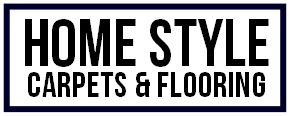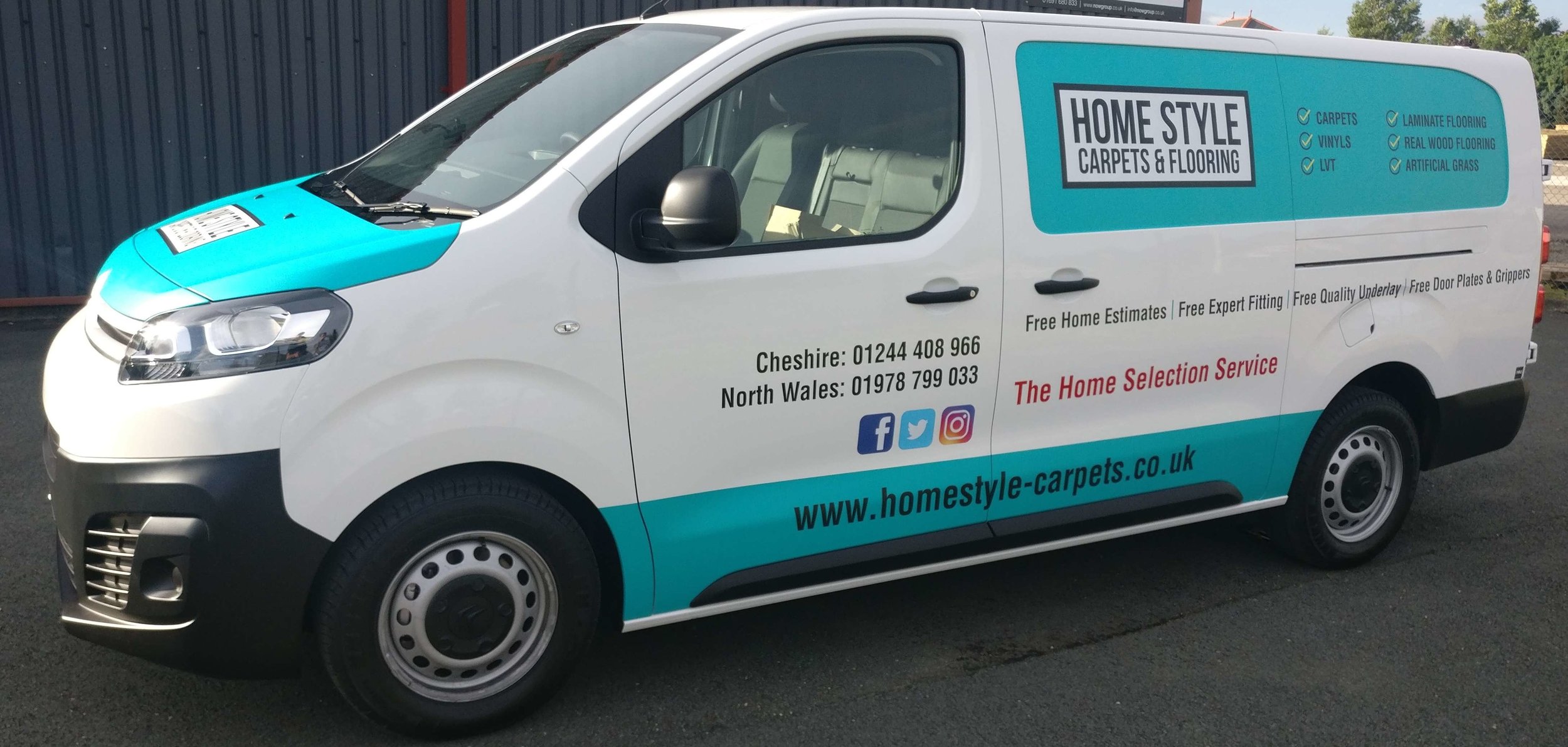Artificial grass companies join forces for recycling initiative
/A partnership of three firms has come together to make synthetic artificial grass recyclable.
Versalis supplied the raw material, polyethylene, that is used to make artificial grass. RadiciGroup makes the fibres for artificial grass and Safitex manufacturers synthetic grass. The recycling initiative is aimed at sports organisations that dispose of their artificial turf after it reaches the end of its life by sending it to landfills or incinerators.
The group of companies has launched a scheme to collect and shred artificial turf to make other sports products such as shin guards and elbow pads, as well as other plastic products including garden furniture, vases and accessories.
An independent certification body, Certiquality, has issued this process with a Product Environmental Footprints Certificate.
Although the scheme is aimed at recycling large football pitches and similar artificial surfaces, artificial grass in homes could be recycled. Though artificial grass in Chester homes should last for many years, like other plastics at the end of life, they can be can be given a new purpose. The ‘circular economy’ is a term used to describe the prices of reusing the materials from products when they come to the end of their life, and artificial grass can be part of it.
Artificial grass is popular because it looks good and needs less maintenance than real grass. Natural grass cut from lawns can be recycled to make mulch and animal feed, leading some people to regard artificial grass as not being environmentally friendly, but its impact can be lessened by giving it a new use.

